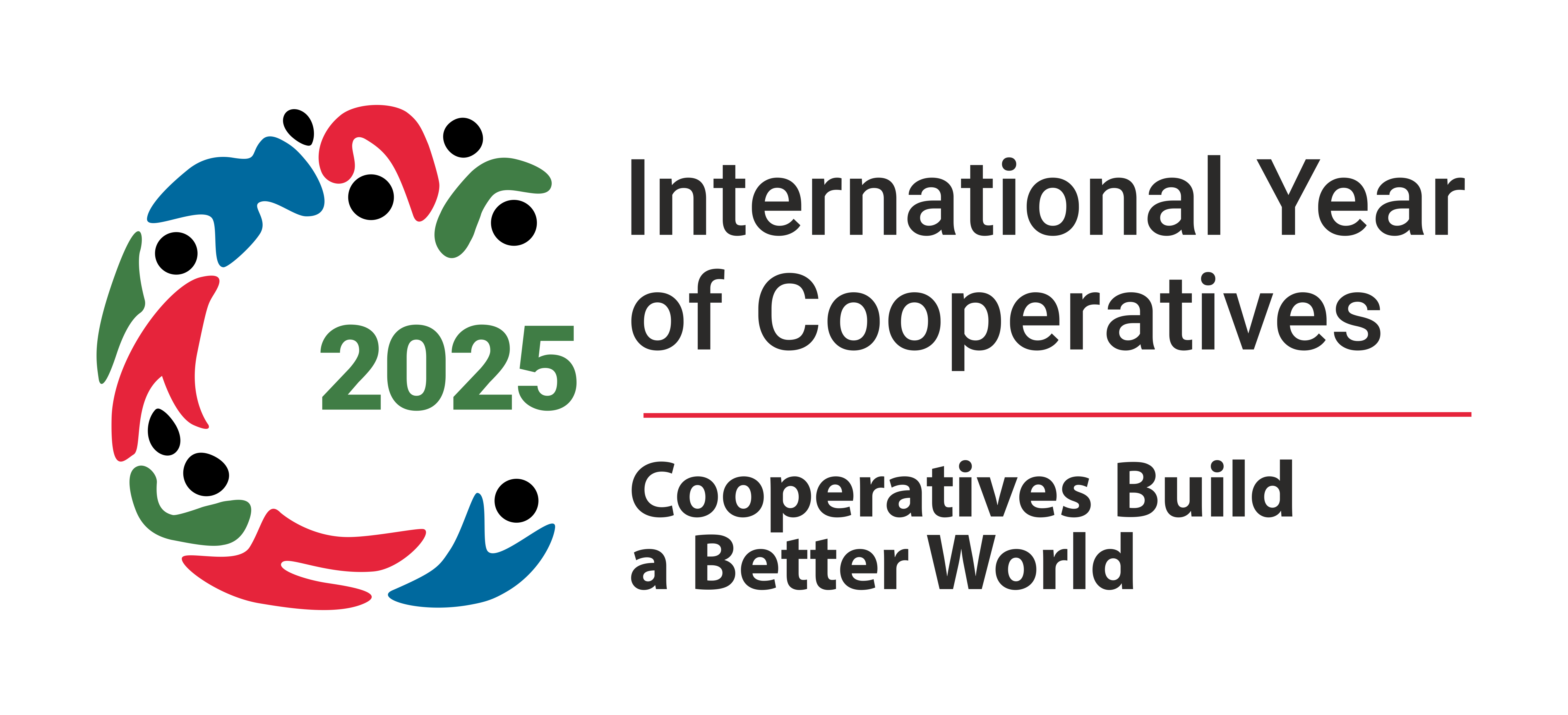Union Minister of State

Union Minister of State for Agriculture & Farmers Welfare inaugurates NDDB’s national workshop on improving feed production efficiency & quality control aspects of cattle feed plants
Anand, 28 February 2017: Shri Parshottam Rupala, Hon’ble Union Minister of State for Agriculture & Farmers Welfare inaugurated a National Workshop on Improving Feed Production Efficiency & Quality Control Aspects of Cattle Feed Plants organised by the National Dairy Development Board (NDDB) at the T K Patel Auditorium, NDDB, Anand on 28 February 2017. Shri Dilip Patel, Member of Parliament, Shri Dilip Rath, Chairman, NDDB and Dr HPS Makkar, FAO, Rome graced the occasion. Around 200 cattle feed plant professionals from all over the country participated.
In his inaugural address, Shri Rupala said that agriculture is the back bone of rural economy in the country and dairying plays an important role in it. Even though India is the largest milk producer in the world, there is ample scope to improve per animal productivity.
Shri Rupala said that with the increase in demand for milk, productivity of dairy animals should increase. It is time that we refocus our efforts in providing good quality feed and mineral mixture and put up concerted efforts in promoting different variants of compound cattle feed for different categories of animals. For ensuring quality in feed production, we need to have qualified trained manpower, efficient plants and machinery and technical expertise to produce right type of feeds. He thanked NDDB for organising this workshop to address all these issues with participation from dairy cooperatives all over the country.
The Union Minister also launched NDDB’s Cattle Feed Knowledge Portal, an interactive knowledge platform on various aspects of compound cattle feed production. The portal will also have information on least cost formula for feeds, suppliers of feed ingredients, raw material specifications as well as a discussion forum to share information.
Shri Dilip Patel released a booklet titled Understanding Your Bovine. The booklet creates awareness on easily discernible signs of bovines so that corrective measures can be taken for management, feeding, health, hygiene practices, levels of discomfort etc, thereby avoid losses which at times could be disastrous.
While delivering the welcome address, Shri Dilip Rath, Chairman, NDDB said that NDDB’s genesis and its mandate for implementing a nationwide dairy development programme on cooperative lines was the result of the visit of the then Prime Minister, Late Shri Lal Bahadur Shastri to inaugurate the first cattle feed plant of AMUL Dairy (Kheda Union) at Kanjari on 31st October 1964. In that sense, the seed for the turning point of India’s dairy development trajectory was sown in that visit of the Prime Minister.
Shri Rath said that India’s model of milk production is based on feeding crop residues and agricultural by-products and using family labour to add value to resources which otherwise have limited alternative economic value. It is in this context that the role of compound cattle feed in animal nutrition to help support the increase in milk production becomes significant. He said that feeding balanced ration can help the milch animals produce milk commensurate with their genetic potential with the attendant benefits of lower cost, increased SNF, higher immunity to disease, improved reproductive efficiency and reduced methane emissions. In the absence of adequate quantity of quality green fodder, concentrate feeds provide bulk of essential nutrients in the diet of dairy animals.
Chairman, NDDB informed that the dairy cooperative network produces about 3.6 million tonnes per annum with an installed capacity of about 5 million tonnes in 70 cattle feed plants. In addition the private sector produces an additional 4.5 million tonnes. A total of 8 million tonnes per annum is sufficient for only about 8 million of the more than 100 million breedable animals.
Shri Rath highlighted a few important issues and areas of concern which are - Ensuring quality of feed, making available appropriate feed variants, development of skills and capability, modernization & renovation of plants, efficient management of inventory and transparency & integrity in purchases. All these needed attention to make the cattle feed industry more efficient and sustainable.
During the workshop issues related to cattle feed production, quality control aspects in a feed plant, improving feed production efficiency, latest trends in feed milling operation, least cost feed formulation and modernization of a quality control lab were discussed in details.

